3 Scientifically Proven Lifestyle Changes That Are Helping Thousands of Our Clients Sleep Better
Quality sleep is the body’s natural reset button, which allows the body to recover. It plays a vital role in the body’s basic functionality and affects many different parts of our system. It is ingrained into us like a natural component and is partly responsible for our overall well-being.
Due to a hectic lifestyle, most of us suffer from compromised sleep, which has been scientifically and medically proven to lead to many problems like:
- Decreased metabolic rate
- Increased activity in the sympathetic nervous system
- Disables the circadian rhythm
- Proinflammatory responses
- Increased stress
- Somatic Pain
- Reduced quality of life
- Emotional distress
- Mood disorders
- Cognitive, memory, and performance deficits
Representational image only. Photo Credits: Freepik/cookie_studio
Along with these problems, some of the long-term and serious effects of sleep deprivation are
- Hypertension
- Dyslipidemia
- Cardiovascular disease
- Weight-related issues
- Metabolic syndromes
- Type 2 diabetes mellitus
- Colorectal cancer
What should we do if we are unable to sleep?
While the easier option would be to pop a medicine that would help you to sleep, that wouldn’t solve the problem. The moment you stop taking the medicine, you might bounce back, and be unable to sleep. Instead of looking for symptomatic relief, what if you apply a solution that would actually tackle the problem at the grassroots level?
If sleep deprivation is what is causing your problem, then taking medication for sleep deprivation and synthetically curing it will not solve the problem. In fact, naturally understanding and implementing certain lifestyle changes, can help you fix your sleep deprivation.
Lifestyle changes for sleep deprivation
These 3 lifestyle changes have worked wonders for my clients who struggled with sleep deprivation. Today I want to share these with you too.
Reset your circadian rhythm
There could be a variety of reasons that you are sleep deprived – insomnia, stress, and so on – but if you want to get back to sleeping and awakening at the right time, you need to reset your sleep cycle. It can work for you in a single day or might take longer than you expected, but you need to dedicate yourself to it. Select a sleep and wake-up time.
For example, if you were to choose 7 am, whatever time you were to get into bed, that may be 10 PM, 2 AM or 4 AM, but you still have to wake up and get out of bed at 7 AM.
Though this might make you feel groggy, tired, and fatigued through the day, you must resist the urge to nap for an hour or two in the afternoon, as that will set you back from all your efforts. Wait till the time that you have decided that you need to go to bed. The following day, try to wake up at 7 AM again.
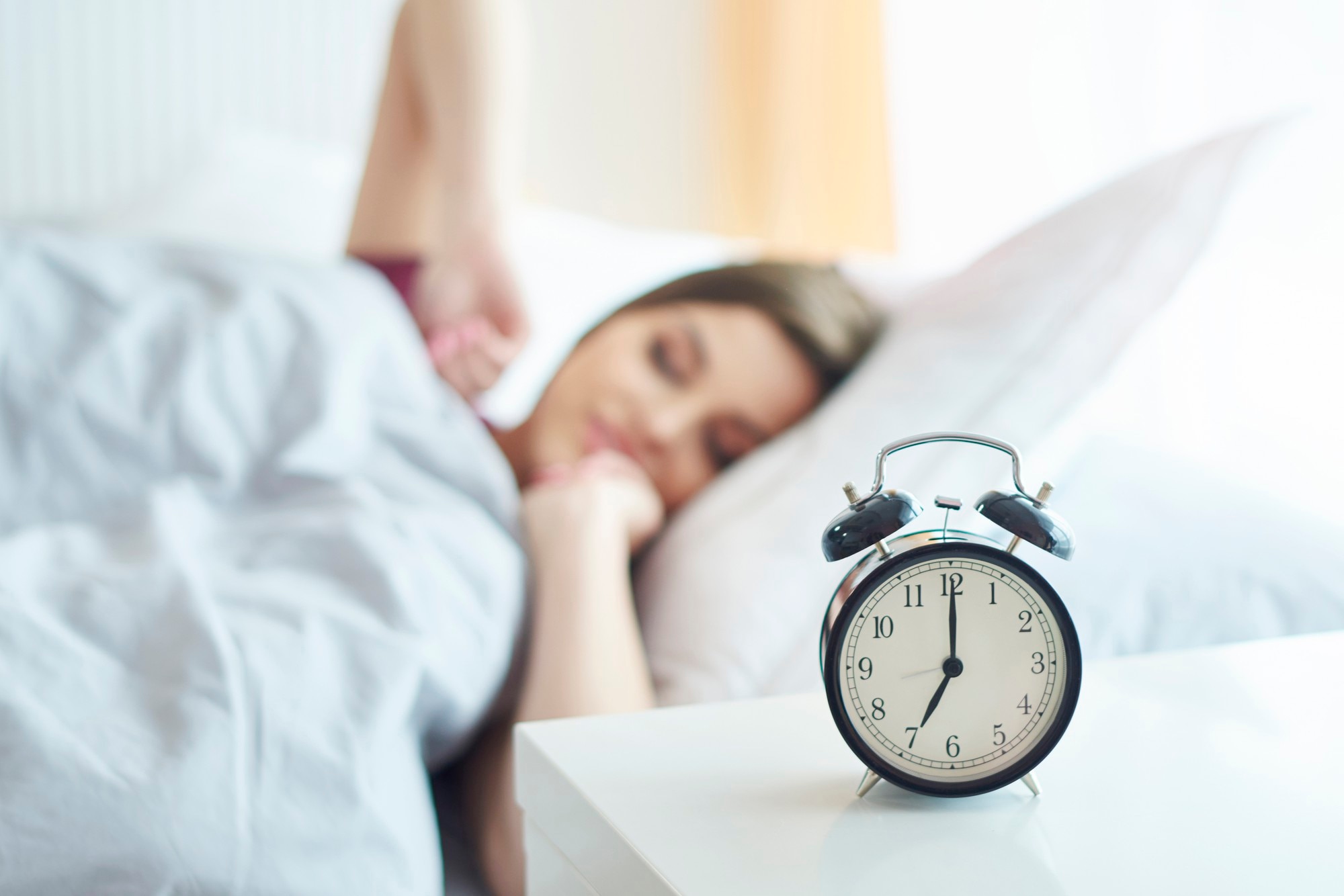
For most people, it will become a cognitive pattern to awaken at 7 AM after 3 or 4 days of continuously following this structure, without an alarm. They might also experience an improved quality of sleep.
As your sleep starts to fall in tandem with the circadian rhythm, you will find it easier to fall asleep earlier and awaken at the same time every day. Doing this over time will also help your body learn why you need to sleep early and keep that bedtime consistent.
Though there is no specific time frame for how long it will take for every individual, you have to be consistently dedicated to the process and allow your body to fall gracefully back in sync with the circadian rhythm.
Download our free digital copy of “A New Way of Living” to know more about the circadian rhythm.
A pitch-dark room
This is another practice that has helped my patients. Make sure that when you intend to sleep, you make your room pitch dark, turn your phone screens upside down, and switch off all electronic devices which emit blue light.
When we are in a pitch-dark room, the pineal gland starts to release melatonin (the sleep-inducing hormone), which starts signaling to the body that it is time to fall asleep.
This might not be very easy if you are living in a busy city like I am, what with all the street lights, traffic, and general chaos. Some people use blackout curtains, but still find that light finds its way through the gaps. You can then resort to using eye masks, which are guaranteed to create a pitch-dark environment, and lull you into a deep sleep.
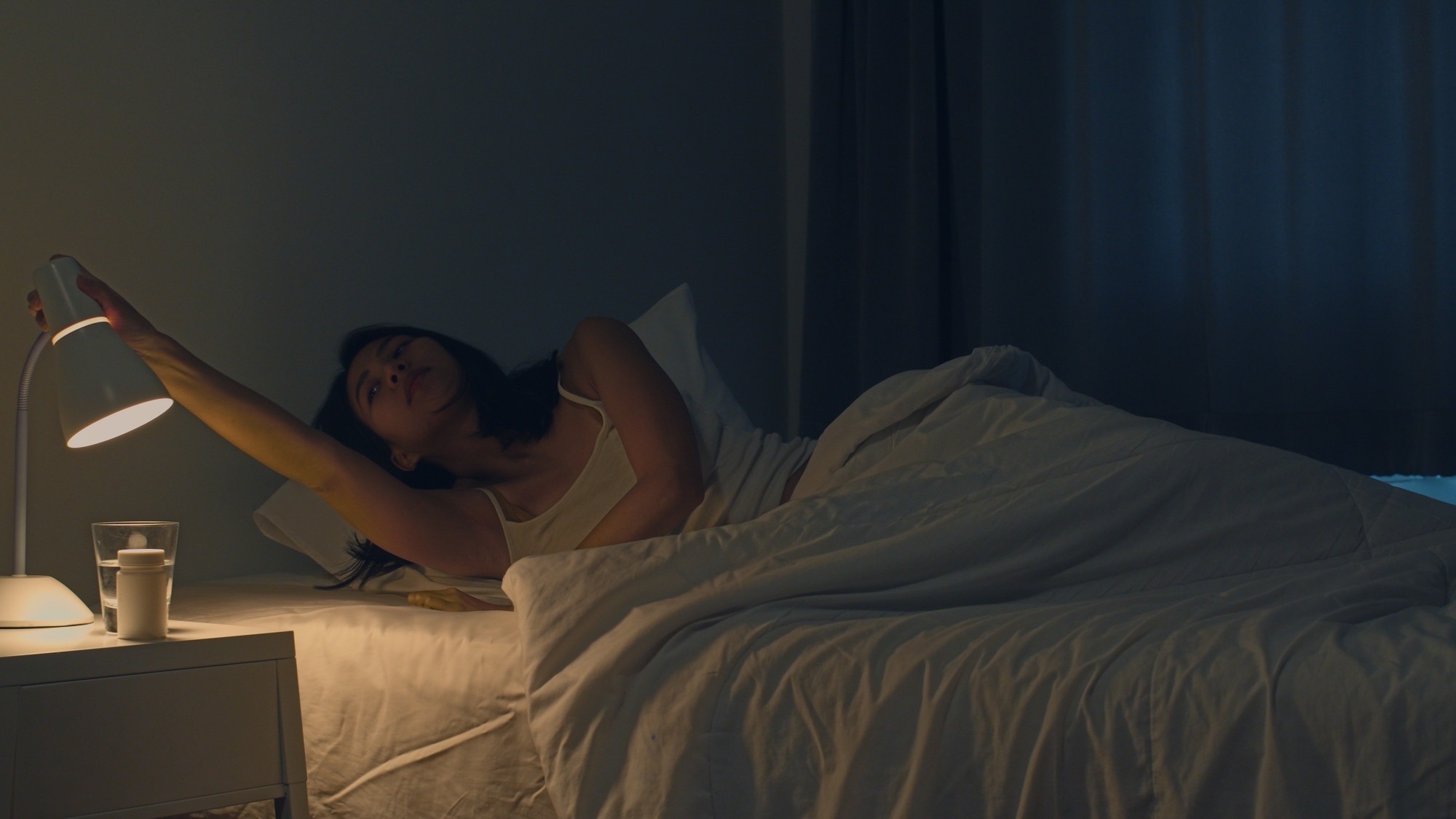
However, there are some people who do not like the feeling of something tied to their head while they sleep – you can just easily keep a rolled t-shirt over your eyes, and it will do the same thing.
So, find ways of creating your own pitch-dark environment, because if you remain in a pitch-dark room, you will ultimately fall asleep.
Connect with natural light
These days, it is instinctive for most of us to wake up and look directly into our phones. Start surfing social media for overnight updates. Do you realize that the jarring blue light, for eyes that have been in darkness for 7-8 hours, could be detrimental?
Instead, walk to your closest window, lift the curtain slightly, and take in all that natural light. Preferably, it is best to awaken before the sun rises, and as the sun starts to rise, you can gradually look at the sun, or the sky and start connecting with natural light. If you live in a place where the sun doesn’t shine, it’s fine, natural light alone can do the trick.
This reboots your circadian rhythm and melatonin levels for the next 12 hours, which means that connecting with the sun and sunlight in the morning, helps you to sleep better at night, and fall asleep faster.
Connecting with a blue light first thing in the morning does not benefit your system. But natural light does.
What else can help in improving sleep patterns?
- Chamomile tea
- Tryptophan supplements (under the guidance of an expert)
- Melatonin (under the guidance of an expert)
- Shut off all electronic gadgets 30 minutes before bedtime
- Journaling your thoughts before you sleep
- Creating a to-do list for an upcoming busy day
- Crushed poppy seeds, brewed into tea (in countries where it is legal)
- Being active, as opposed to being sedentary, throughout the day
- Box breathing (inhale – 4 counts, hold – 4 counts, exhale – 4 counts, hold- four counts and then repeat the cycle). You can also try 4-7-8 breathing (inhale – 4 counts, hold your breath – 7 counts, exhale – 8 counts.)
- Other breathing exercises like Pranayama – Anulom Vilom, Bhramari (Bee Breathing), and Left nostril breathing/Moon breathing (Chandra Bhedana) may also help. Learn more about them here.
The bottom line
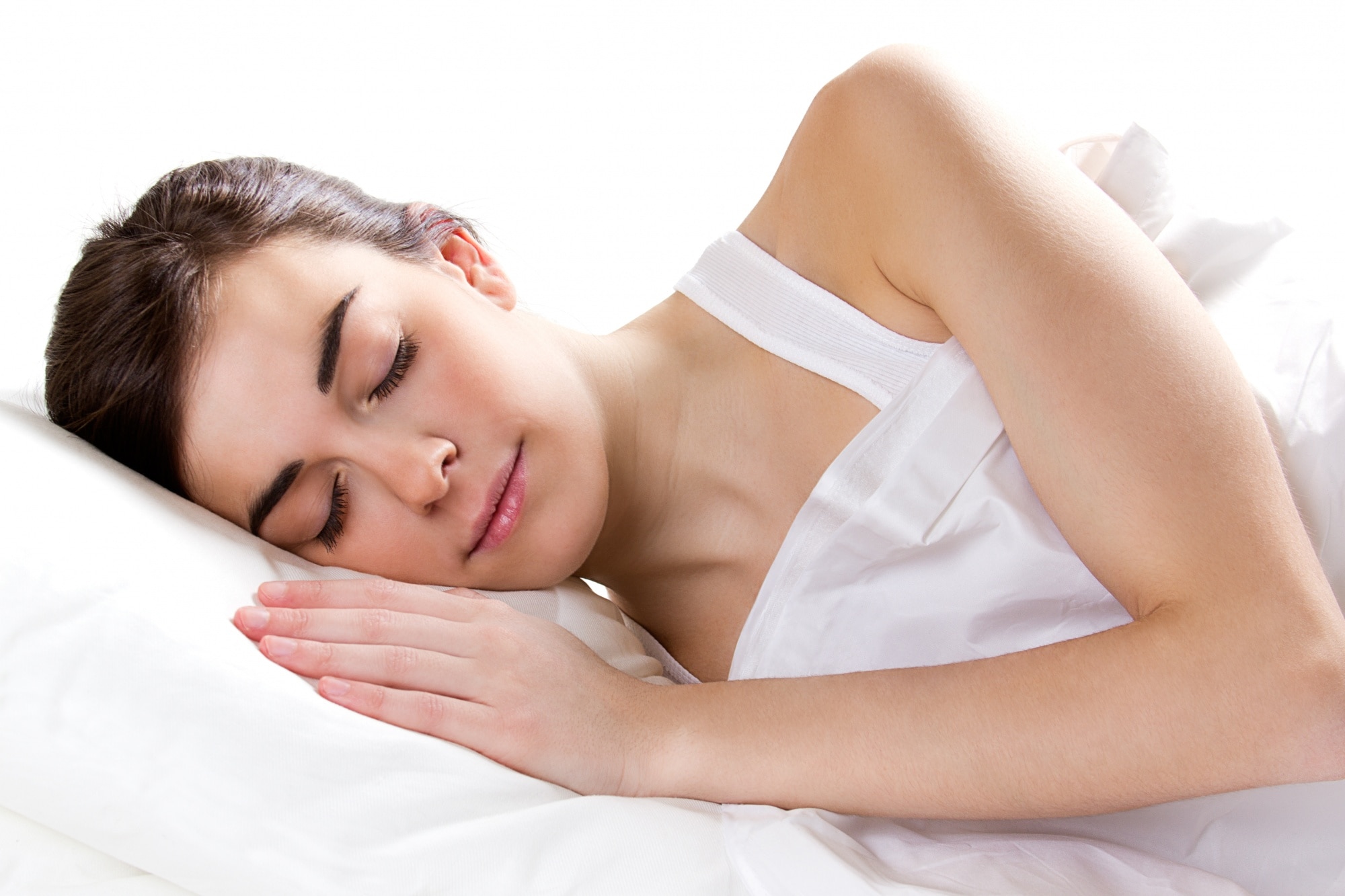
The truth is, in this fast-paced world, most of us are sleep deprived. There is a lot to do, a lot of stress, and hectic schedules, which are probably keeping us from getting 8 hours of restful, deep, good-quality sleep.
Our bodies need to recover from the daily wear and tear, and even from diseases, and can fully work towards that healing only when we are asleep. Think of sleep like medicine, give it to your body consistently for 7-8 hours every night as precisely as you would take medicine. Focus on forming good and healthy sleeping patterns, and watch most of your health problems fall into place.
Stressful job or chores making it difficult for you to sleep? Learn more about how you can integrate a healthy lifestyle into your schedule, by tackling the root cause, with our You Care Wellness Program.
Set up a one-on-one consultation with our team on WhatsApp, call 1800 102 2053, or mail us at info@lukecoutinho.com.
RELATED READINGS
Stop Making These 8 Sleep Mistakes!
9 Health Benefits of Sleeping Naked
Follow These Pre-bedtime Rituals For A Deep And Sound Sleep
ALSO WATCH: My Top 3 (And Scientifically Proven!) Lifestyle Changes To Sleep Better
|
From a pimple to cancer, our You Care Wellness Program helps you find a way Talk to our integrative team of experts today 18001020253 |

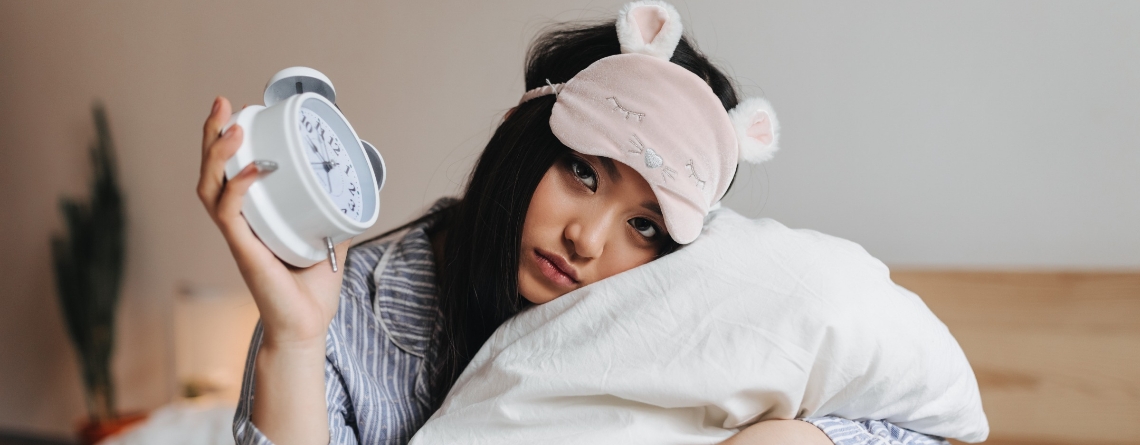
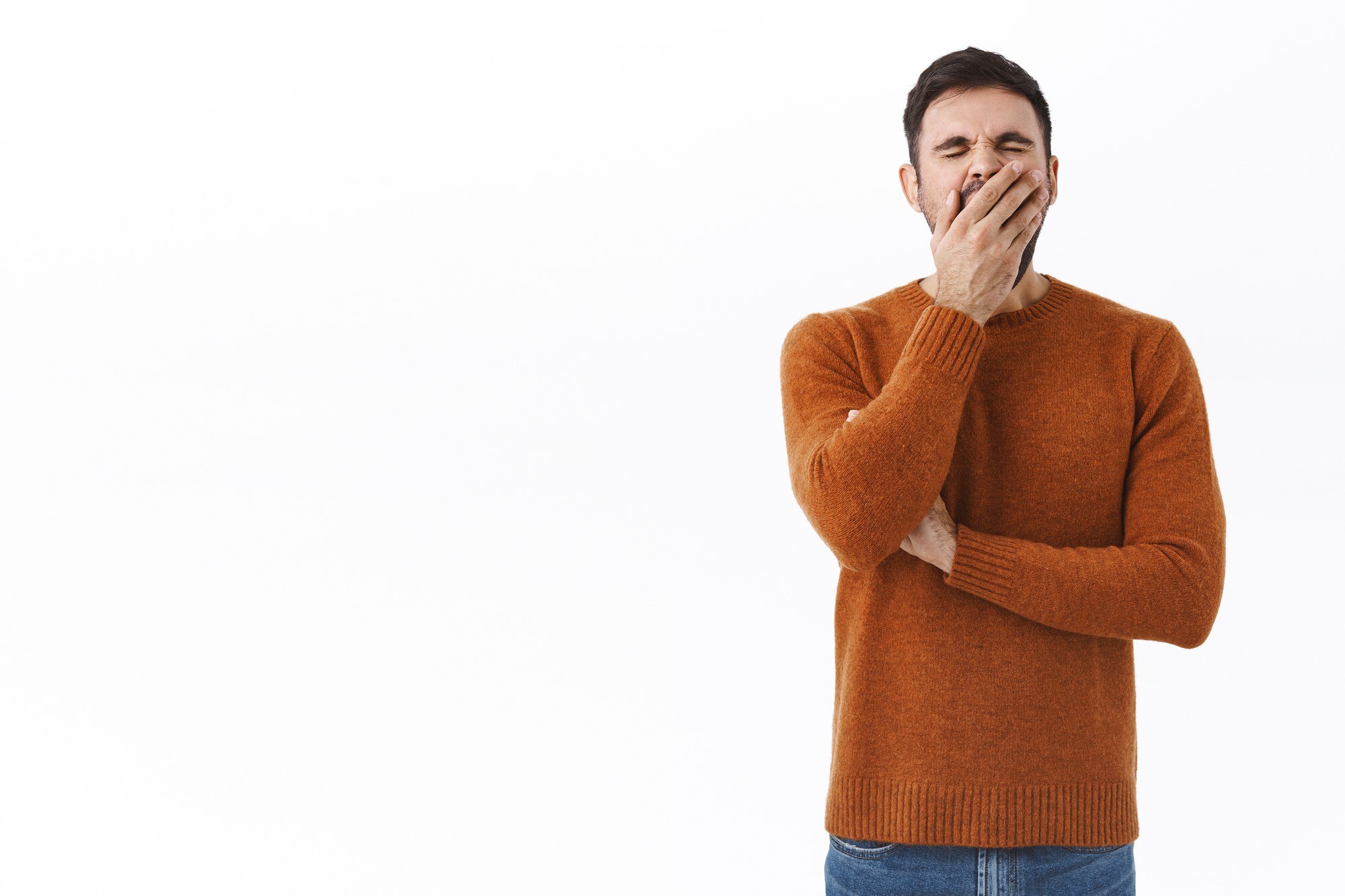
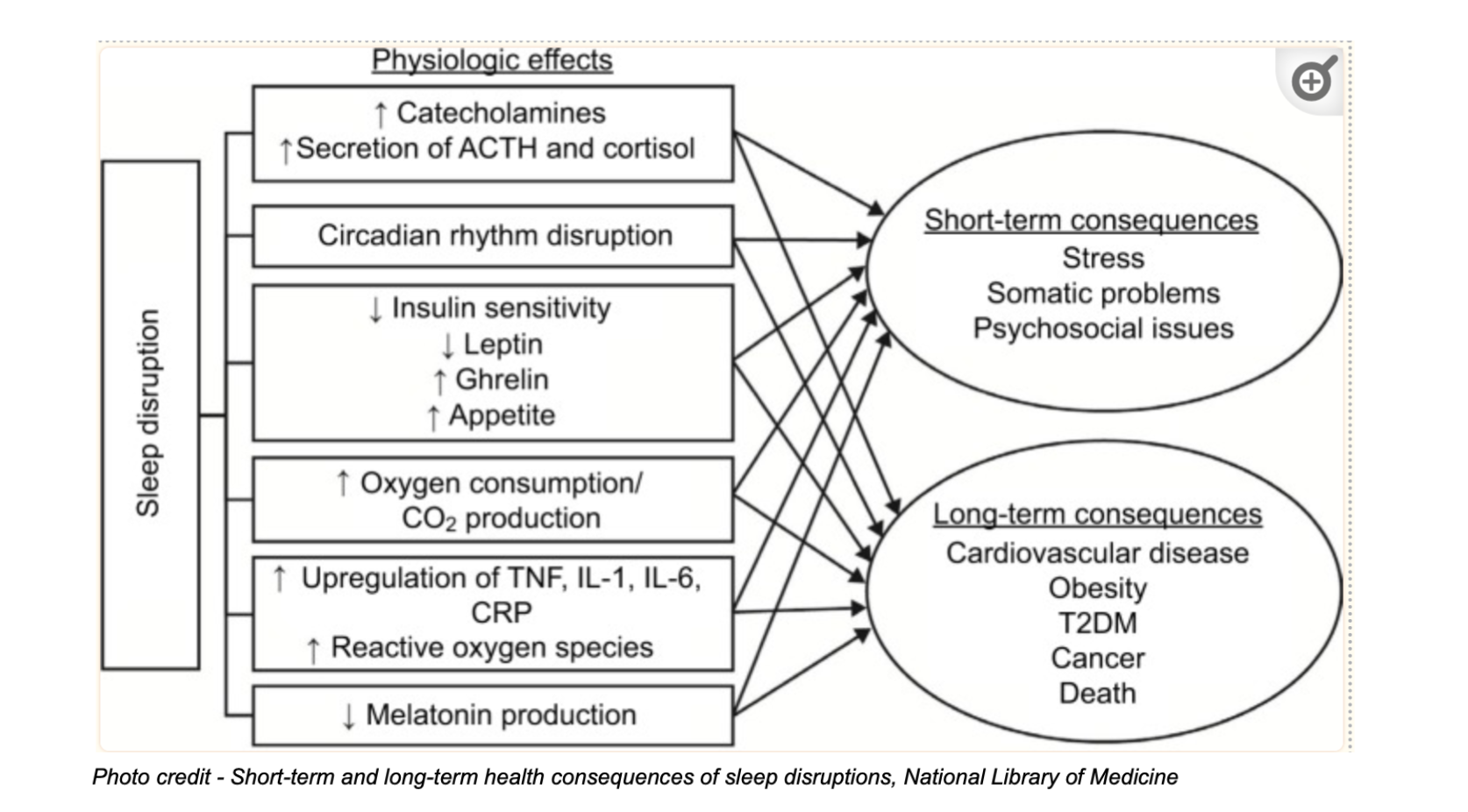
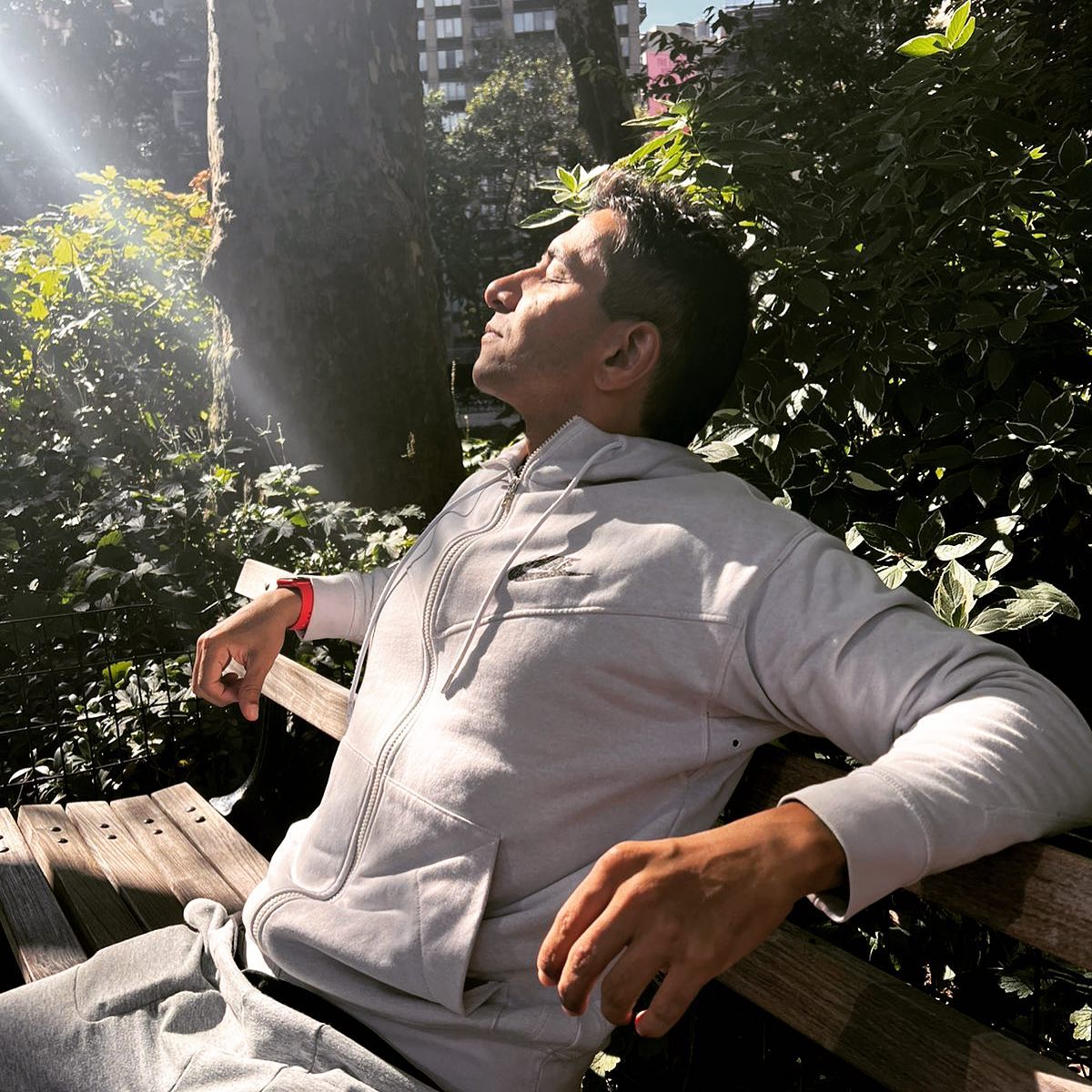

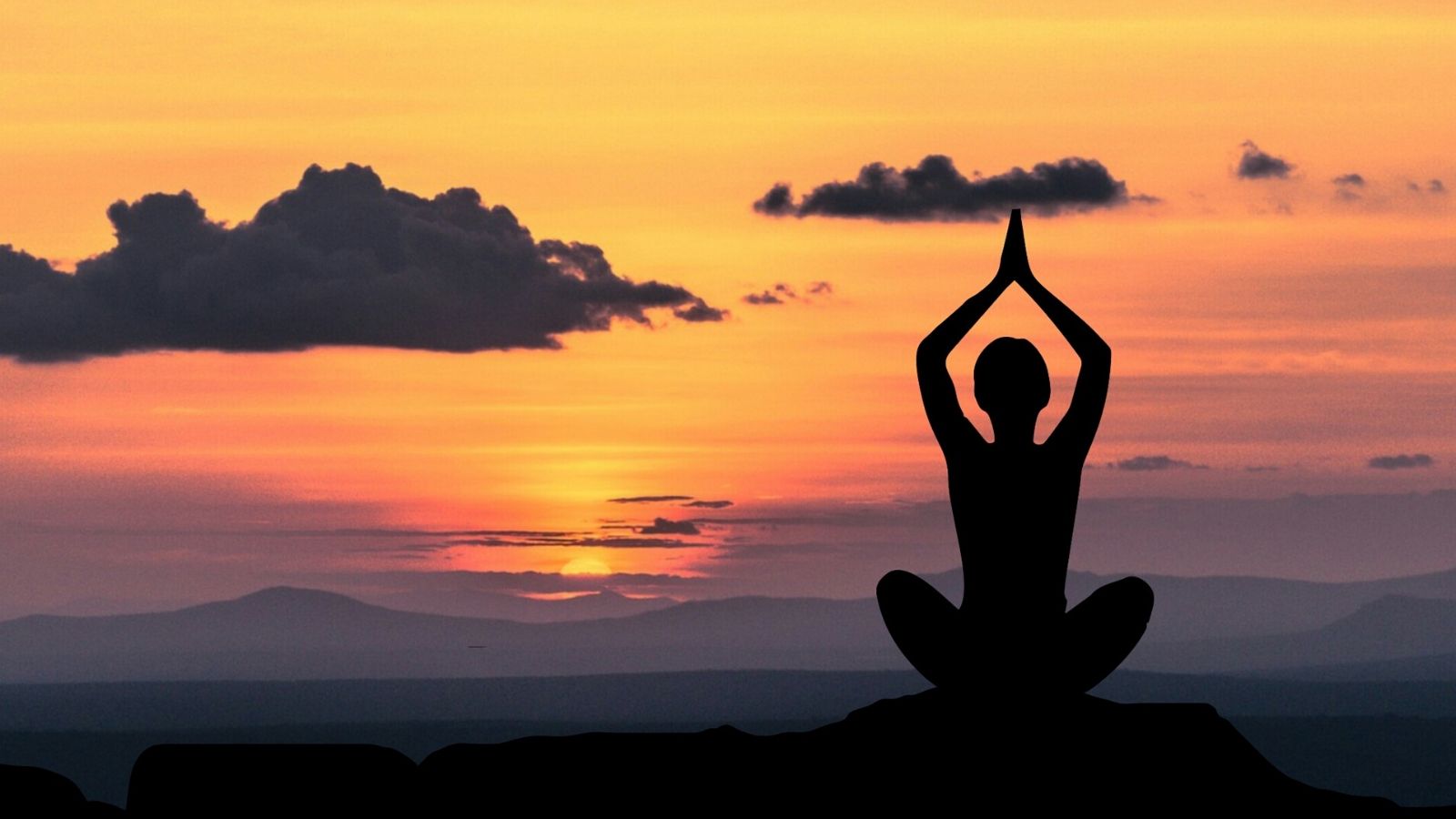
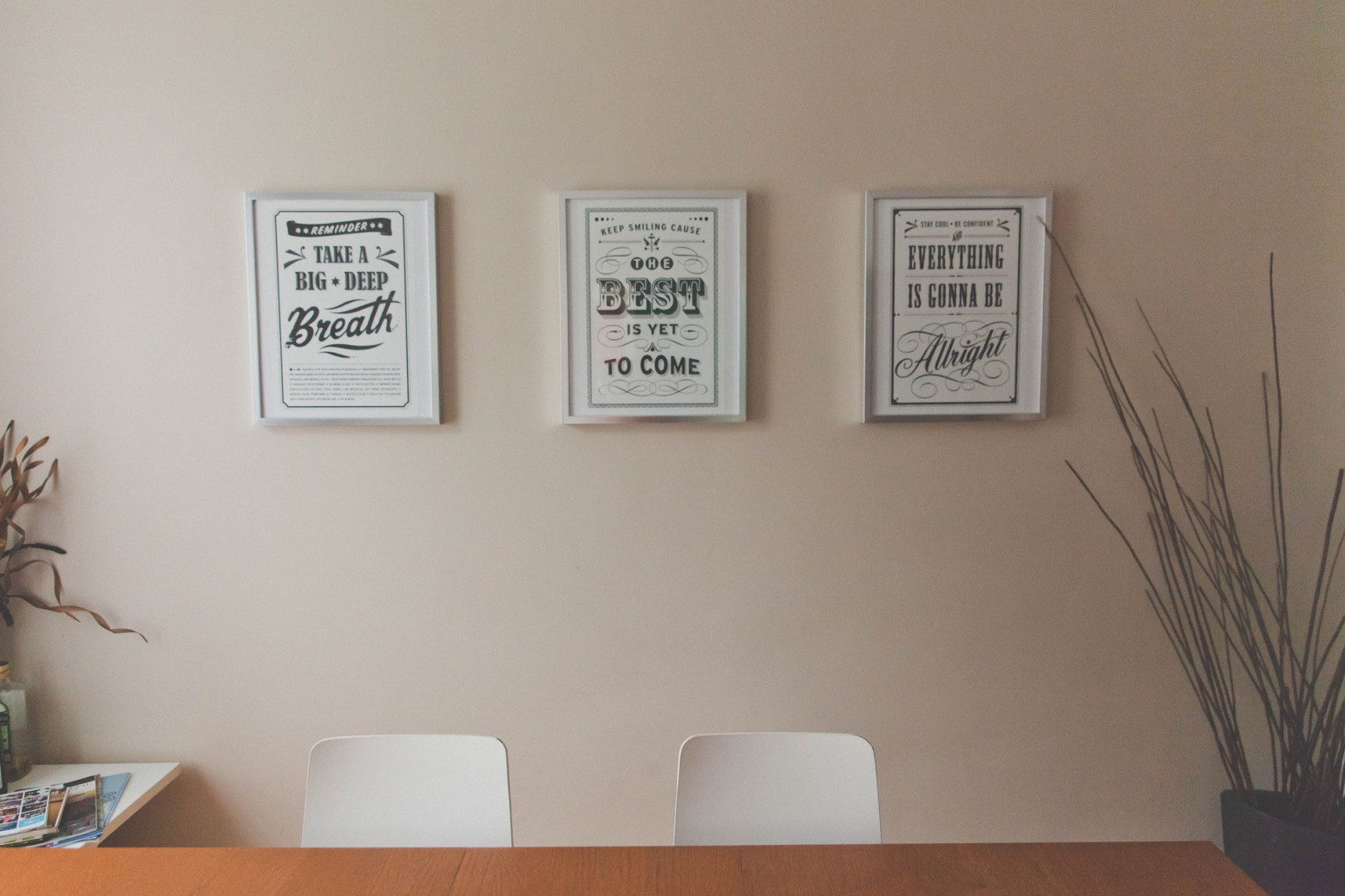

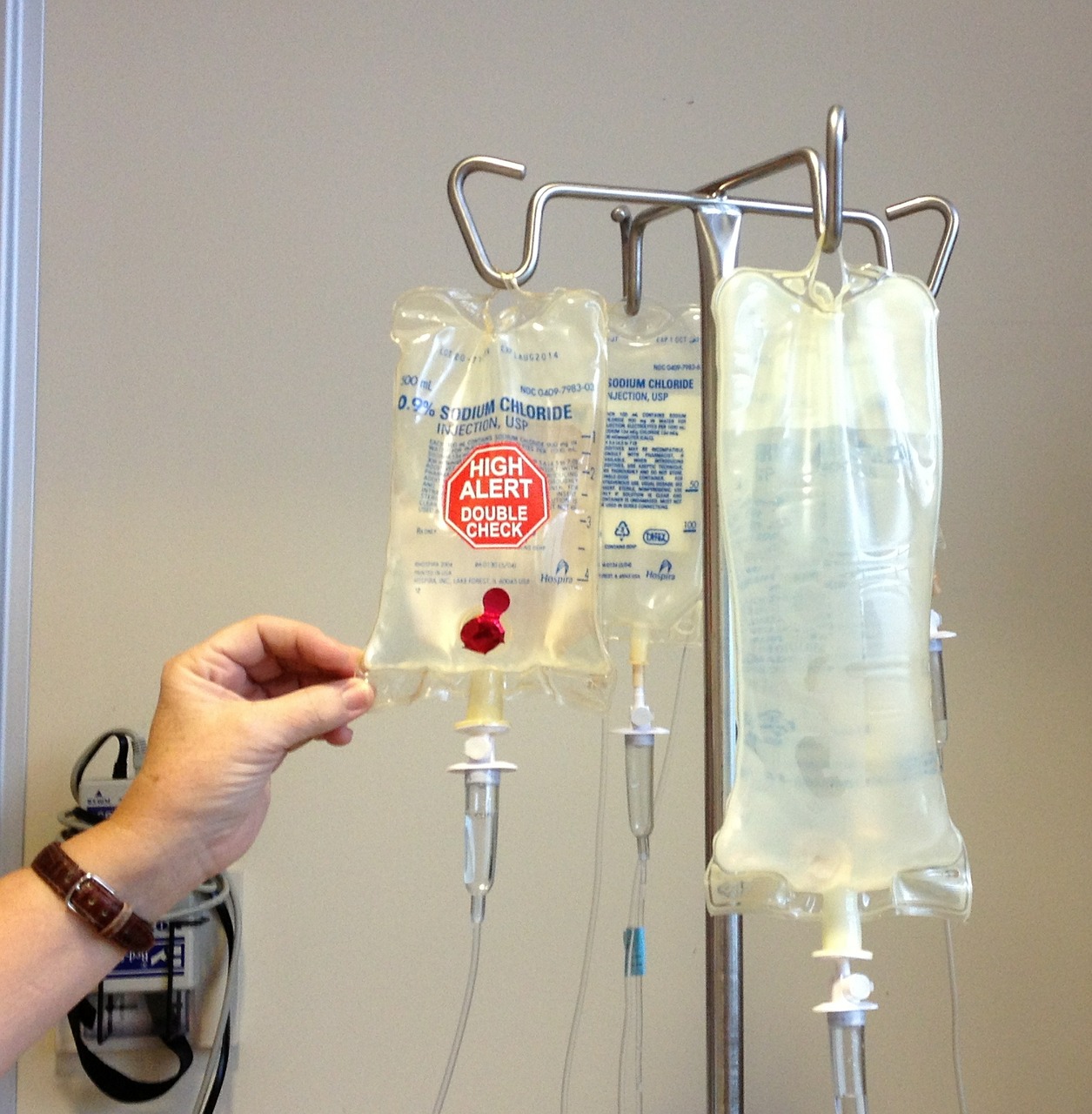
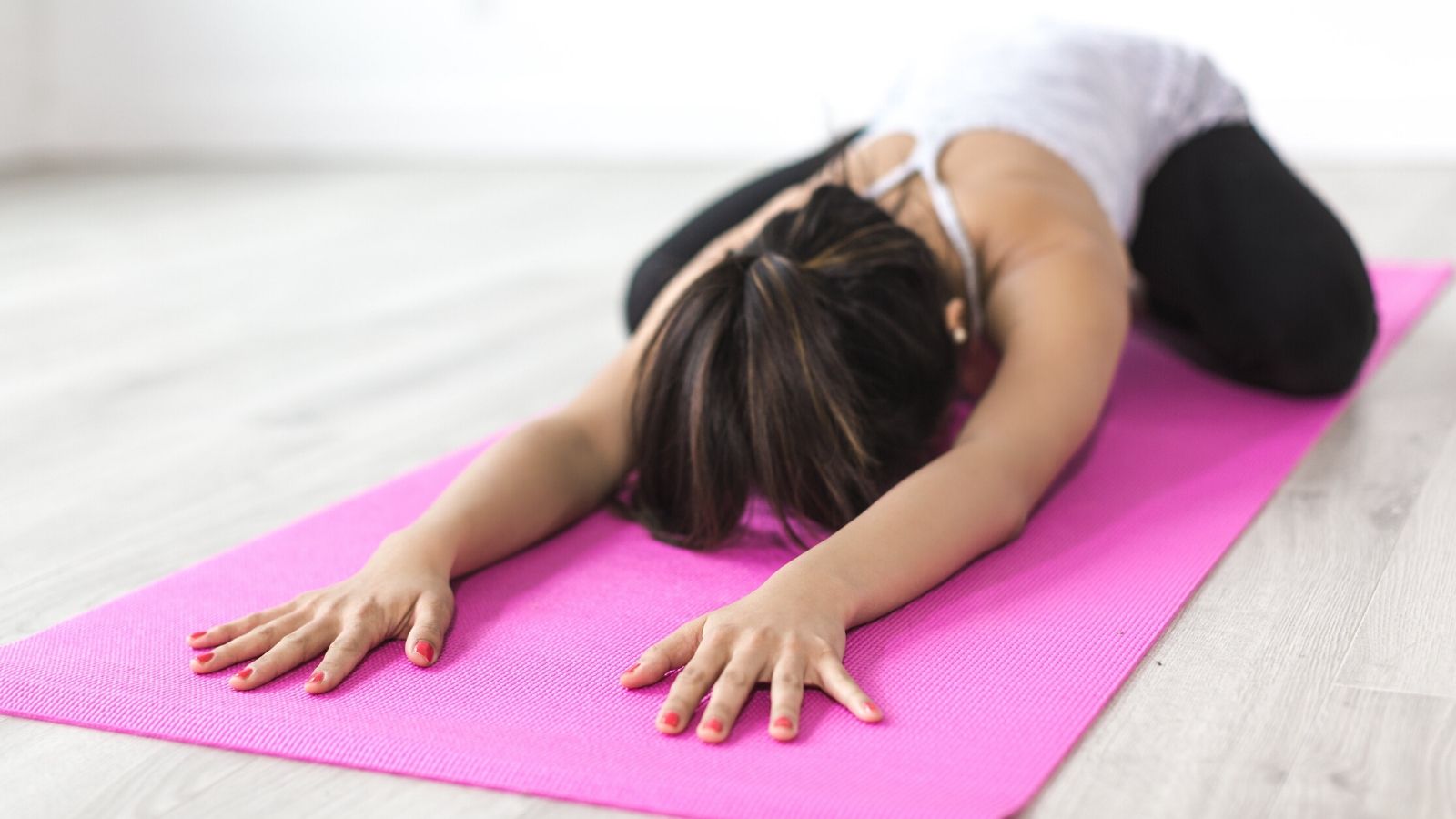


Comments (2)
Thank you as I woke up early reading this information. But I feel good looking for the sun. Unfortunately is winter and it’s dark but I’ll still pull the curtain instead of reading on my phone.thank you Luke🙏
Keep winning